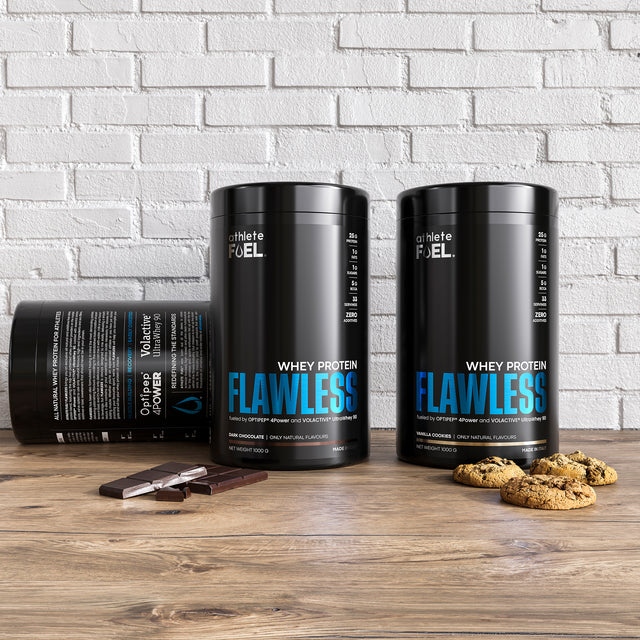Creatine and HMB Benefits for Muscle Growth and Sport Performance: A Comprehensive Review
In the realm of sports performance, athletes are continually seeking ways to optimize their training, recovery, and overall results. Two of the most researched supplements in this area are creatine and β-hydroxy β-methylbutyrate (HMB). Both are known for their distinct yet complementary roles in muscle development, strength enhancement, and recovery. This blog will delve into the science behind these supplements and their combined benefits for athletes, citing the overwhelming medical literature pointing to their efficacy.
If you're bored to read the whole article and you're just looking for a quick answer, then yes, you should take both and you should get them from us (get BUILD here), since we are the only brand providing both compounds at the clinical doses that have been tested in the trials. No other brand on the planet will give you 3 grams of pure HMB-Ca, especially of the quality we are providing. Our HMB-Ca is the only one that is not bitter, since it hasn't been extracted with harsh solvents.
1. Creatine: Enhancing Strength and Power
Creatine is a naturally occurring compound found in small amounts in certain foods (like red meat) and synthesized in the body from amino acids. It plays a critical role in energy production during high-intensity exercise, specifically through the phosphocreatine system, which regenerates ATP (adenosine triphosphate), the energy currency of the body.
How Creatine Works
During short bursts of intense exercise, like sprinting or weightlifting, the body relies on ATP for energy. ATP stores are quickly depleted, and this is where creatine steps in. Stored in the muscles as phosphocreatine, it donates a phosphate group to ADP (adenosine diphosphate) to rapidly regenerate ATP. This allows for increased energy availability during high-intensity efforts.
Key Benefits of Creatine
- Increased Power Output: Research consistently shows that creatine supplementation enhances performance in activities requiring explosive strength. A meta-analysis conducted by Rawson and Volek (2003) demonstrated that creatine supplementation can improve strength gains by about 8% and power output by around 14% in resistance training programs.
- Enhanced Muscle Mass: Creatine aids in drawing water into muscle cells, which can promote protein synthesis and muscle growth. A study by Kreider et al. (2017) showed that long-term creatine use increases lean muscle mass, particularly when combined with resistance training.
- Improved Recovery: Research indicates that creatine may help reduce muscle cell damage and inflammation following strenuous exercise, improving recovery rates.
2. HMB: Protecting and Preserving Muscle
HMB (β-hydroxy β-methylbutyrate) is a metabolite of the essential amino acid leucine. It is particularly known for its anti-catabolic properties, meaning it helps prevent the breakdown of muscle tissue. This is especially beneficial for athletes undergoing intense training or individuals looking to prevent muscle loss during periods of caloric restriction or inactivity.
How HMB Works
HMB functions by inhibiting the ubiquitin-proteasome pathway, which is responsible for breaking down muscle proteins. It also activates the mTOR signalling pathway, which plays a crucial role in muscle protein synthesis.
Key Benefits of HMB
- Prevents Muscle Breakdown: One of HMB’s most prominent effects is its ability to reduce muscle protein breakdown. A study by Wilson et al. (2013) demonstrated that HMB supplementation helps preserve lean muscle mass, especially during periods of caloric restriction.
- Enhanced Muscle Growth: HMB has been shown to stimulate muscle protein synthesis, particularly in combination with resistance exercise. A study published in the Journal of Applied Physiology found that trained individuals taking HMB showed significantly greater increases in strength and muscle mass compared to a placebo group.
- Improved Recovery and Reduced Muscle Damage: Research has also shown that HMB reduces markers of muscle damage, such as creatine kinase levels, following intense exercise. This contributes to quicker recovery times and less soreness.
3. Black pepper extract: Enhancing Bioavailability of Ingredients
Black pepper extract increases the bioavailability of various nutrients by inhibiting enzymes that metabolize them too quickly, allowing for more efficient uptake in the body. Research has shown that adding black pepper extract can significantly enhance the absorption rates of certain compounds, making it a valuable addition to the formula for maximizing the effectiveness of creatine and HMB.
The Synergistic Benefits of Combining Creatine and HMB
While both creatine and HMB offer significant benefits on their own, there is growing evidence that combining these two supplements may provide even greater advantages for athletes.
Complementary Mechanisms
Creatine enhances energy availability and power output during short bursts of activity, while HMB focuses on preserving muscle tissue and promoting recovery. Together, they address two critical aspects of athletic performance: improving performance during training and protecting muscle during recovery.
Study on Combined Effects
A study by Jowko et al. (2001) examined the combined effects of creatine and HMB supplementation in resistance-trained athletes. The results indicated that participants taking both creatine and HMB experienced significantly greater increases in strength and lean body mass compared to groups taking either supplement alone or a placebo .
Additionally, a 2014 study by Asadi and colleagues found that athletes who combined creatine and HMB during resistance training saw improvements not only in muscle mass but also in markers of muscle recovery, such as lower levels of muscle damage .
Practical Considerations for Athletes
When considering supplementing with creatine and HMB, there are a few key points to keep in mind:
-
Timing and Dosage: Creatine needs to be taken as a daily supplement, possibly around your workout, even if it's not so crucial. An initial loading phase of 20-25 grams was generally adopted to accelerate muscles saturation of creatine levels, but some recent studies have shown no benefits with a loading phase. If you still want to go ahead and try a loading phase, that won't hurt for sure.
HMB needs to be taken at a dosage of 3 grams per day, possibly in 2 divided daily doses, due to its short half-life. That's why we advise on our BUILD's label to get 1 scoop in the morning and 1 scoop in the evening (especially if you are training at that time). - Who Can Benefit: Athletes engaged in high-intensity or resistance training, those looking to gain lean muscle mass, or individuals aiming to preserve muscle during a caloric deficit will benefit the most from Fearless.
- Safety: Both creatine and HMB have been extensively researched and are considered safe for long-term use, even at much higher doses than the ones usually ingested . A review by the Journal of the International Society of Sports Nutrition concluded that creatine is one of the safest and most effective supplements available.
Conclusion
For athletes looking to enhance performance, build muscle, and improve recovery, creatine and HMB are powerful allies. Creatine boosts strength and power, making it ideal for high-intensity training, while HMB helps preserve muscle tissue and speeds up recovery. When combined, these supplements offer a synergistic effect that supports both performance and long-term muscle health.
Get your jar of BUILD here.
References:
- Rawson, E.S., & Volek, J.S. (2003). "Effects of Creatine Supplementation and Resistance Training on Muscle Strength." Journal of Strength and Conditioning Research.
- Kreider, R. B., et al. (2017). "International Society of Sports Nutrition Position Stand: Safety and Efficacy of Creatine Supplementation in Exercise, Sport, and Medicine." Journal of the International Society of Sports Nutrition.
- Wilson, J. M., et al. (2013). "Effects of HMB Supplementation in Trained and Untrained Athletes." Journal of Applied Physiology.
- Jowko, E., et al. (2001). "The Effect of Combined Creatine and HMB Supplementation on Strength and Body Composition." Journal of Strength and Conditioning Research.
- Asadi, A., et al. (2014). "Creatine and HMB Supplementation: Effects on Recovery and Performance." European Journal of Applied Physiology.
- Antonio, J., & Ciccone, V. (2013). "The Effects of HMB Supplementation on Strength Gains, Muscle Mass, and Recovery." Journal of the International Society of Sports Nutrition.




1 Comment
Great, informative article!!